Both Depression and Attention Deficit / Hyperactivity Disorder (ADHD) are very common
in our population. The National Institute of Mental Health (NIMH, 2021) shows statistics that the
prevalence of the current adult population in the United States with ADHD is 4.4%; for adults
with depression in the US, 8.4% of adults in 2020 had at least one major depressive episode.
Furthermore, there is "…reporting prevalence rates of depression in individuals with ADHD
ranging from 18.6% [ 37 ] to 53.3% [ 4 ]. Similarly, studies have reported comorbid ADHD in
individuals with depression at rates of 9% to 16% [ 69 ], with a mean rate of 7.8% [ 16 ] (Katzman et al., 2017).
Depression and ADHD are known as co-morbid conditions. The Encyclopedia Britannica
defines comorbidity as “a disease or condition that coexists with but often is independent of
another disease or condition” (Horn). It can be confusing for the patient to be faced with
problems that both conditions bring, and how to go about seeking help and treatment.
What is Depression?

Depression is a mental and psychiatric disorder characterized by a persistent feeling of
sadness, loss of interest, and hopelessness. Other symptoms may include disturbances in
appetite, sleep and difficulties focusing and/or carrying out daily activities. There are many different types of depression, including Major Depressive Disorder, Seasonal Affective Disorder, and Persistent Depressive Disorder. (Torres, 2020.). All types of depression negatively impact a person’s quality of life, self-esteem, and behavioral patterns.
What is Attention-Deficit/Hyperactivity Disorder?
ADHD is a mental disorder that includes symptoms of difficulty focusing/paying attention,
impulsivity, and hyperactivity. A person with ADHD often has trouble focusing on school, work
or other tasks. Another type of ADHD is Attention Deficit Disorder Inattentive Type, which
includes less hyperactive traits but more difficulty focusing. A person with ADD-Inattentive
Type maybe someone who daydreams more and “spaces out” as opposed to someone who has
trouble keeping still. There is also a combination type of ADHD which includes both
hyperactivity and inattention. All types can interfere with a person’s ability to carry out daily
tasks and make life more difficult. People with ADHD also suffer with lower self-esteem and
are at higher risk of struggling with depression.
How are depression and ADHD diagnosed?
Both depression and ADHD are diagnosed and treated by mental health professionals, and require psychiatric assessment and evaluation. Psychiatrists typically diagnose depression as they are specialized in mental illnesses, although other non-psychiatric medical doctors and advanced practitioners (such as physician assistants or nurse practitioners) can diagnose depression based on a patient’s presentation of symptoms.
The practitioner may also prescribe specific tests to rule out other medical conditions, such as viruses, hypothyroidism, central nervous system tumors, head trauma, multiple sclerosis, stroke, syphilis, and various types of cancer (Fulghum Bruce, 2020).
These illnesses can cause symptoms
that are often associated with depression, such as fatigue, mood swings, lethargy, loss of interest, and changes in cognition. It is also important for the provider to do a proper assessment of patient’s medical history, current medications, and lifestyle habits, in order to accurately diagnose depression and other mental illnesses.

Diagnoses of ADHD also includes a thorough assessment of medical history, medications,
and lifestyle behaviors. However, diagnosing ADHD takes a bit more time than the process for
diagnosing depression. Cognitive and behavioral tests are usually administered by a licensed
professional who is specialized in understanding ADHD. These tests maybe questionnaires
regarding a person’s behavior, or there maybe tasks that the person must perform, and a
professional evaluates how the person did and if whether or not they had specific problems
performing these tasks. There are also many challenges that go along with identifying and
diagnosing ADHD. According to L. Silver (2020), “Too often, doctors diagnose ADHD without considering all of the symptoms and other conditions that may cause them.” Similarly to
diagnosing depression, there are many underlying issues that can affect the presentation of
symptoms when assessing and diagnosing ADHD.

Neurological Similarities
Although depression and ADHD have different presentations and diagnoses methods, there
is a connection between them. Since they are both mental disorders, they are both affected by an
imbalance of chemical messengers in the brain, called neurotransmitters. Serotonin is a key
neurotransmitter that stabilizes mood, sleep and emotions (Rowe, 2021). An insufficient amount of serotonin in the brain has been linked to depression, and medication for depression increases the amount of serotonin in the brain.
People with ADHD also have a deficiency of serotonin and can benefit from medication
that is used to treat depression. In addition to serotonin deficiency, people with ADHD are
deficient in dopamine, epinephrine and norepinephrine. Dopamine releases in response to the
body’s consumption of pleasurable activities such as eating, playing a game or listening to music
(Rowe, 2021). Epinephrine and norepinephrine work together to respond to the body’s “fight,
flight or freeze” mechanism, which allows humans to act appropriately when faced with stress.
An imbalance of epinephrine and norepinephrine in the body’s system can cause symptoms
of restlessness, anxiety, difficulty sleeping and problems with focusing. People with depression
and ADHD alike have an imbalance of these neurotransmitters, so it’s no surprise that many
people have a diagnoses of both.

Medications and Treatment for ADHD and Depression
The most common type of medication used to treat both ADHD and depression is
Serotonin-Norepinephrine Reuptake Inhibitors (SSRIs). This type of medication works to
increase the amount of serotonin and norepinephrine in the brain. Providers commonly
prescribe SNRIs such as duloxetine (Cymbalta) or venlafaxine (Effexor XR), and there are many new drugs available if these are not effective (Malka, 2021).
In addition to medication treatment, psychotherapy is also beneficial to people who carry both diagnoses. Licensed therapists often work with the patient to build his or her own self-esteem, as well as working through negative thoughts and behaviors (Cuncic, 2020).
Conclusion
It is evident that ADHD and depression are very much related, and it is also important to
understand how one disorder can cause another. For instance, “…ADHD can lead to depression
when people have a hard time with their symptoms. Children may have trouble getting along in
school or with playmates, or adults may have issues at work. That can lead to deep feelings of
hopelessness and other signs of depression,” (Smith, 2021). ADHD can affect a person’s ability
to perform at the level that others expect them to, causing them to have feelings of low self-
esteem. These feelings of low self-worth can cause a person to feel hopeless, and at worst,
suicidal.
Although ADHD and depression can effect a person’s quality of life, there are treatment
options for both, and licensed mental health professionals can work with their patients closely to
improve symptoms and overcome struggles. It is important for patients to seek help if there are
any concerns with ADHD, depression, or both.
~ Emily Barton

Emily is a writer and artist living in northern Arizona with her husband and 5 year old twins. She has worked as a psychiatric nurse and has a passion for wellness and mental health.
References
Cuncic, A. (2020). The Relationship Between ADHD and Depression. Very Well Mind.
https://www.verywellmind.com/adhd-and-depression-4773762
Dodson, W. (2022). The ADHD-Depression Link: Symptom Parallels and Distinctions.
ADDitude Magazine. https://www.additudemag.com/adhd-depression-link-symptoms-diagnosis-
treatments/
Fulghum Bruce, D. (2020). Depression Diagnosis. WebMD.
https://www.webmd.com/depression/guide/depression-diagnosis
Horn, S. Comorbidity (Medicine). Encyclopaedia Brittanica.
https://www.britannica.com/science/comorbidity
Katzman, M.A., et al. (2017). Adult ADHD and comorbid disorders: clinical implications of a
dimensional approach. BMC Psychiatry.
Malka, T. (2021). SNRIs: What Are They, Uses, Side Effects & More. KHealth.
https://khealth.com/learn/medication/snri/
Mayo Clinic Staff. (2018). Depression (Major Depressive Disorder). Mayo Clinic.
https://www.mayoclinic.org/diseases-conditions/depression/symptoms-causes/syc-20356007
National Institute of Mental Health. (2021). Attention-Deficit/Hyperactivity Disorder.
National Institute of Mental Health. https://www.nimh.nih.gov/health/topics/attention-deficit-
hyperactivity-disorder-adhd
National Institute of Mental Health. (2022). Major Depression. National Institute of Mental
Health. https://www.nimh.nih.gov/health/statistics/major-depression
Rowe, S. (2021). Neurotransmitters Involved in ADHD. PsychCentral.
https://psychcentral.com/adhd/neurotransmitters-involved-in-adhd
Silver, L. (2020). 3 Truly Terrible (and Common) Ways to Diagnose ADHD. ADDitude
Magazine. https://www.additudemag.com/3-truly-terrible-and-common-way-to-diagnose-
adhd/?src=embed_link
Silver, L. (2022). ADHD Neuroscience 101. ADDitude Magazine.
https://www.additudemag.com/adhd-neuroscience-101/
Smith, M. (2021). The Link Between ADHD and Depression. WebMD.
https://www.webmd.com/add-adhd/depression-adhd-link
Torres, F. (2020). What is Depression? American Psychiatric Association.
https://psychiatry.org/patients-families/depression/what-is-depression

